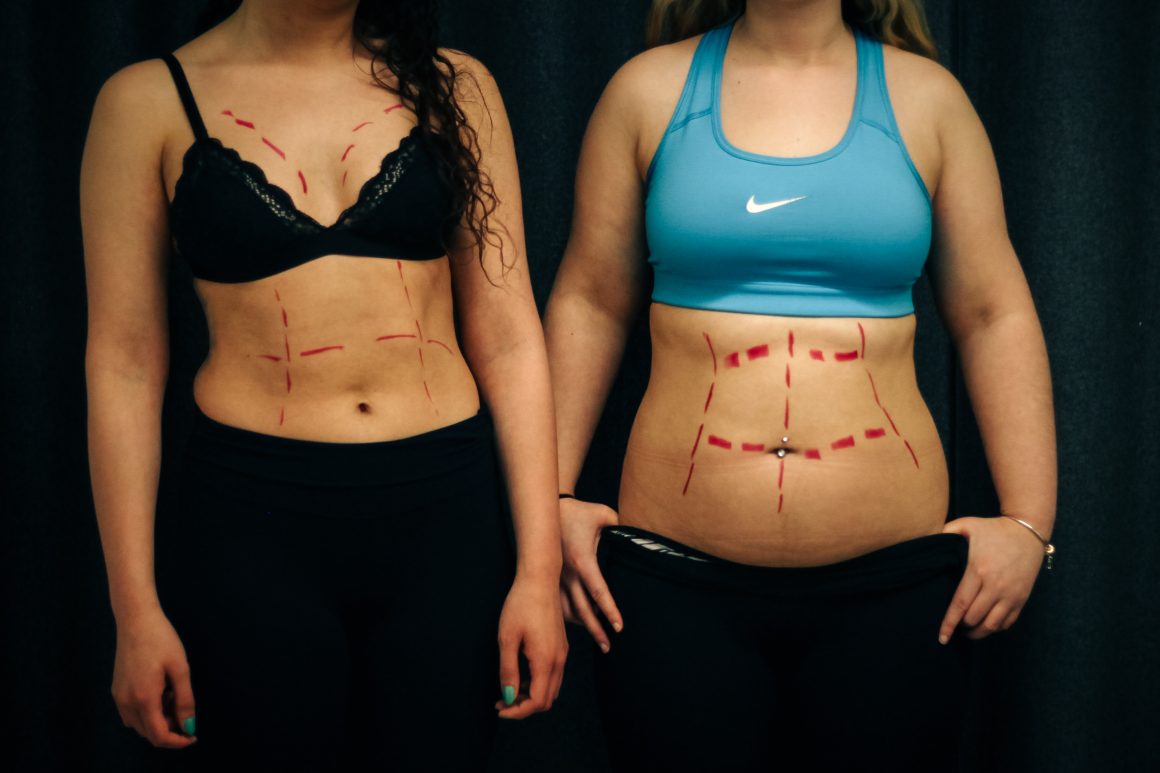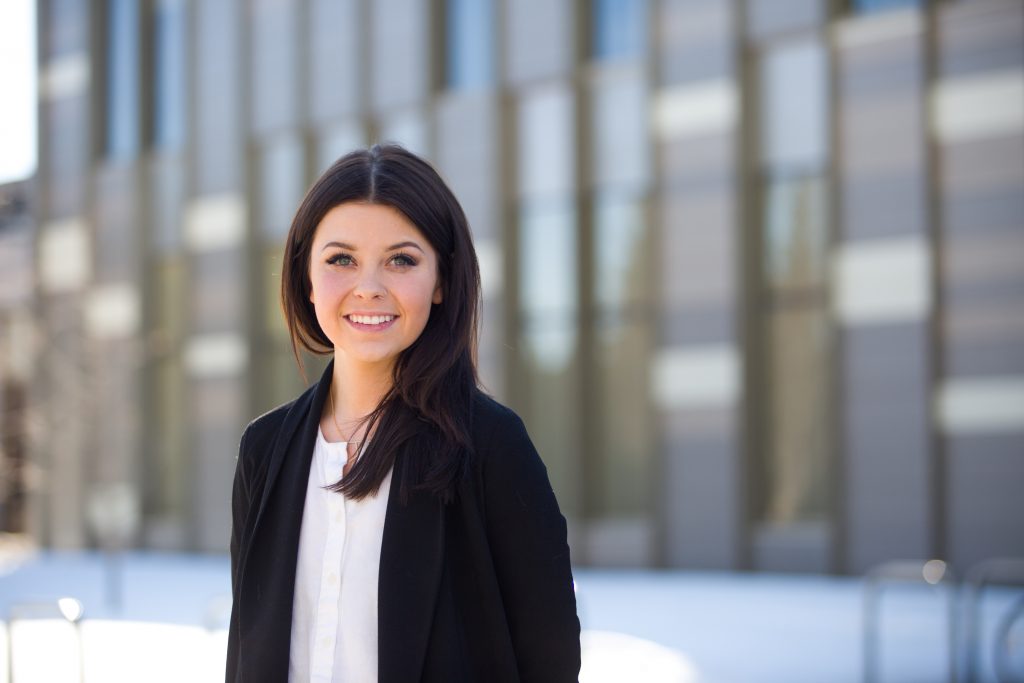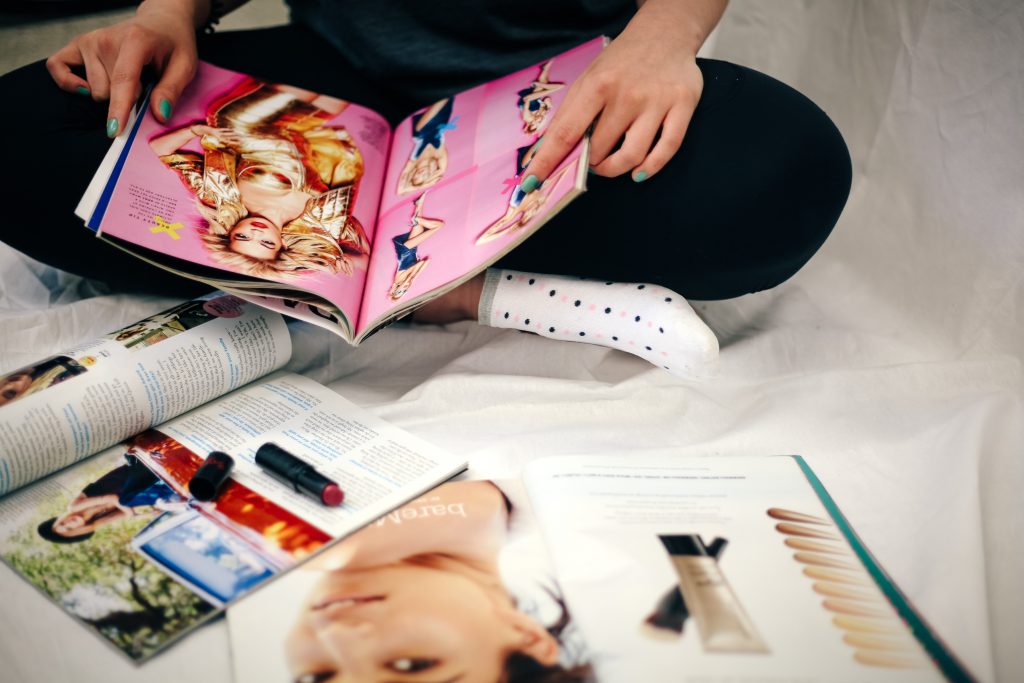
On-campus project aims to deconstruct ideals of beauty
By Tina Shaygan, March 27 2018 —
The Body Project is a program at the University of Calgary made possible through a collaborative effort between the Students’ Union Wellness Centre, Women’s Resource Centre and the psychology department. The project, present in over 100 North American campuses, aims to help young women foster self-acceptance about their bodies and resist idealized beauty standards. We sat down with psychology student, Body Project research assistant and peer-helper Amy Barron to talk about what the program looks like, who can get involved and the personal impact it’s had on Barron herself.
The Gauntlet: What exactly is the Body Project?
Barron: The Body Project is a peer-led program run at the U of C that aims to helps young women resist pressures to conform to an unrealistic standard of beauty that is in society today. It is a researched, dissonance-based body-acceptance program that aims its efforts at giving women the tools to resist the pressure to conform to an unrealistic and unattainable ideal of beauty.
Gauntlet: What are some of those unrealistic standards? What are some of the things that the Body Project aims to combat?
Barron: First, the Body Project goes inside that idealized image and tries to break it apart. That image is things we see in magazines or on social media — it’s all around us. It makes us buy products like gym memberships or different weight-loss pills and corporations make money from us feeling bad about ourselves. The Body Project tries to deconstruct those unrealistic standards because they’re not achievable. Women do have pores and women do gain different amounts of weight. Natural processes like aging can really hinder women’s ability to feel good about themselves or have a positive self-view. It can be really hard for women to feel good about themselves when they’re constantly bombarded with these images that are unrealistic, unhealthy and unattainable. And even if you attain them, it’s not realistic that you can ever keep those results up.

Photo by Riley Brandt
Gauntlet: What are the consequences of women feeling bad about themselves as a result of these idealized images?
Barron: There are so many costs to pursuing this unrealistic ideal, like time and money. There’s also relationships. Feeling bad about yourself can really affect your entire life. It’s very difficult to be happy for other women when you’re constantly competing with them and trying to be a version of an ideal. Right now, we’re fostering that competitive environment and its difficult to feel good about anyone, including yourself.
Gauntlet: Can you tell me what a typical Body Project workshop looks like?
Barron: They are peer-led and we were trained for quite some time and now we’ve trained new peer-leaders. Peer-led sessions are such a great way to get people to open up and talk about important issues rather than having someone who is in a position of authority talk about them. It’s now friends talking among friends in a guided discussion.
The workshops generally have anywhere from six to 12 people and are peer-led by two or three leaders and are two two-hour sessions. The first session is more of an open discussion about what the ideal appearance is and working on deconstructing that. There is homework during the two sessions where participants try to focus on feeling good about themselves so they’re writing good qualities about themselves and writing a letter to a younger girl. And a lot of times, this letter ends up being to themselves.
In the second session, it gets fairly emotional because we read these letters out loud to the group and work further on resisting these cultural pressures. We’re trying to give women the tools to further resist these pressures through life.

Gauntlet: How can students get involved?
Barron: The Wellness Centre has a Body Project page online and students can sign up for sessions there. It is really important that participants come to both sessions to get the most benefit from this project. Anyone on this campus can go and it is free for students. Everyone can benefit from these workshops and to understand the process of deconstructing these beauty ideals.
Gauntlet: How did you end up being involved with the Body Project?
Barron: I joined in January 2017. At that point, it was just a mass email to the psychology department discussing this initiative on campus. It’s a personal issue to everyone and it was easy to identify with this program. I sent in my application and explained why I wanted to get involved. The training was a great process where I got to know the other women and be trained by someone from the Body Project collaborative. I got to make new friends and be in a group of women with different experiences, but the common theme is that our society has a problem. Then we started to run these sessions and coming up this year, we had the Campus Mental Health Strategy on our side and I was asked to be a research assistant for this so we can track the long-term effect of the Body Project.
Gauntlet: What are some of the things you’ve learned that you’ve taken to your personal life?
Barron: It’s been a great experience to see that everyone has these different experiences. While there is a diversity of women in these groups, everyone struggles with these issues. You know you’re not alone and everyone is trying to fix this problem. These issues are something that people may not generally talk about so I think the Body Project is a great initiative, even just to get people talking because it is such a personal issue that everyone struggles with and getting it out in the open is helpful. It’s also nice to see a change in the people who were in the groups and completed the workshops and asked to be peer-leaders because they want to spread this change.
Interview edited for clarity and brevity.
